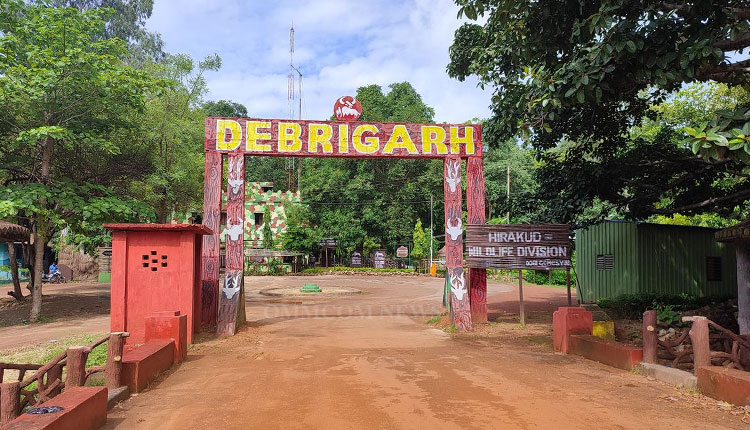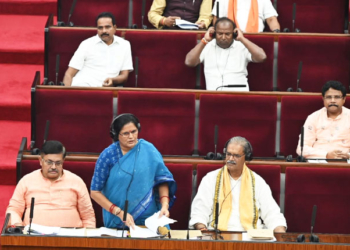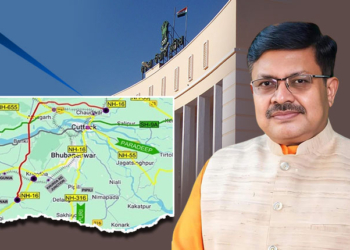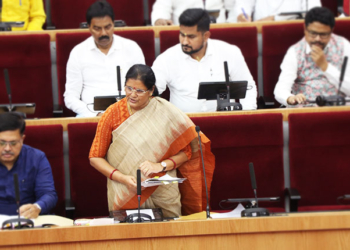Bhubaneswar: Odisha may soon get its third national park, with the state wildlife wing proposing Debrigarh Wildlife Sanctuary in Bargarh district for the coveted status. If approved, Debrigarh will become the second-largest national park after Similipal, surpassing Bhitarkanika in size. The proposal was submitted to the state government in March this year.
According to Chief Wildlife Warden Prem Kumar Jha proposal to accord national park status to Debrigarh is under consideration and certain technical requirements still need to be fulfilled.
The proposed national park will cover 290.65 sq km of inviolate forest area within the sanctuary, completely free of human habitation. Authorities have already relocated 445 families from the core area, completing the resettlement process in 2022 after conducting gram sabhas to settle rights and claims. The tourism zone of 54.95 sq km and Khola revenue village have been kept outside the park’s ambit to avoid conflict.
Wildlife officials said the move is critical to safeguard the ecological integrity of Debrigarh, which harbours rich biodiversity. The landscape is home to Schedule-I species such as Indian bison (gaur), leopards, and more than 300 species of birds. It also features limestone caves, waterfalls, and diverse fern populations. According to Wildlife officials preserving this stretch as a national park is vital for strengthening ecological, faunal, floral, geomorphological, and zoological associations,” a senior officer explained.
Debrigarh holds strategic importance due to its location at the junction of central and eastern Indian forests, offering connectivity with multiple protected areas. It shares ecological contiguity with Achanakmar and Udanti sanctuaries in Chhattisgarh, Kanha National Park in Madhya Pradesh, and Kawal Tiger Reserve in Telangana. Within Odisha, it also connects to Satkosia Tiger Reserve and Sunabeda Wildlife Sanctuary, enhancing its role as a wildlife corridor.
Officials emphasized that while eco-tourism activities will continue in the designated tourism zone, the national park tag will ensure higher protection for wildlife habitats, stricter conservation measures, and enhanced global recognition of Debrigarh’s unique biodiversity.
















